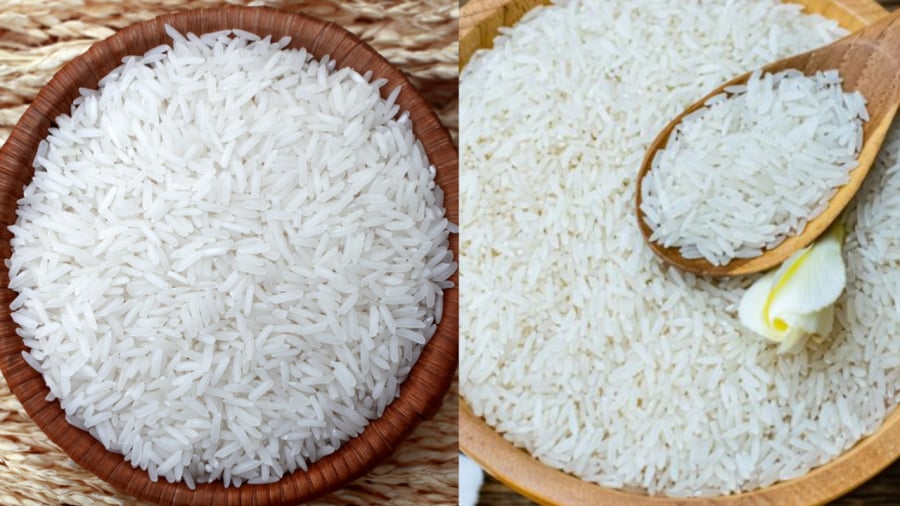Damp Places
A moist environment is ideal for bacteria and mold to thrive. High humidity is the main reason for rice to spoil. Rice has a strong ability to absorb water. If rice becomes damp, it will quickly deteriorate due to the rapid growth of bacteria and mold. Consuming moldy rice can have serious health consequences.
To protect your family, avoid storing rice in damp areas such as directly on the floor or under the sink. Keep rice in a container or jar to minimize moisture absorption, and place it in a dry area of your kitchen.
Areas with Direct Sunlight
While sunlight provides warmth and helps with disinfection to some extent, it is not ideal for rice. Areas with direct sunlight tend to have higher temperatures. Rice exposed to sunlight will lose the necessary moisture and its delicious flavor.
Therefore, avoid placing rice in direct sunlight. Instead, store it in a cool, dry, and shaded area.

There are 4 places in the house where you shouldn’t keep your rice.
Storage Room
Some households prefer to buy large quantities of rice and store it for gradual use. For them, the unused portion of rice can be kept in a storeroom or storage room as these spaces are spacious, rarely used, and don’t interfere with daily activities.
However, storage rooms tend to be cluttered and accumulate dust. Storing rice here increases the risk of contamination from these impurities. Additionally, these spaces provide an ideal habitat for insects, cockroaches, and rodents, which can infest and spread diseases into your rice without your knowledge.
Greasy Areas
Areas around the kitchen are often greasy due to cooking activities. During cooking, grease and food odors rise, spread, and cling to surrounding objects. If not cleaned regularly, a thick layer of grease will coat the area. This is not a suitable place to store rice. The grease and food odors can affect the natural aroma and flavor of the rice. Moreover, the high temperatures from cooking can reduce the quality of the rice.
“The Dangers of Using the Wrong Cutting Board: How to Keep Your Food Safe and Clean”
The humble chopping board is a kitchen essential, but it can also be a breeding ground for bacteria and a source of food contamination. Some types of chopping boards can be particularly hazardous to your health, so it’s important to know which ones to avoid. These three types of chopping boards should be thrown out immediately to reduce the risk of foodborne illnesses and keep your family safe.














